Top Three Barriers to Adopting Mobile Payments

Mobile payment solutions are set to be the most revolutionary phenomenon to sweep the world of retail since the introduction of credit cards back in the 1950s. Already, the tech world has pundits placing their bets on a pendulum shift toward wireless payments through smartphones and tablets by the mid-2010s.
Nonetheless, skepticism abounds regarding the usefulness of mobile payment methods. Given all the apparent convenience of such forms of payment Ð from the convenience of not carrying cash to the security of having money stored under digital lock and key Ð one could only wonder what has caused some analysts to voice doubts about this seemingly inevitable phenomenon.
Security Issues
One big concern that many consumers have with the concept of paying via mobile apps involves data security. After all, cards and checks have long proven to be safe methods for the transfer of currency Ð provided that a checkbook is never stolen or a card is not somehow accessed by a third party.
With mobile processors, many users worry that sensitive data could leak to the wrong hands. Some customers fear that such leakage could bring forth loads of unwanted junk mail, promotions and spam from companies that access user lists. Others see even graver consequences, such as unauthorized credit max-outs or identity theft. The answer to these fears is PCI encryption, which is being adapted at 128-bit rate by the leading providers of mobile payment solutions.
Payment Preferences
To the surprise of some analysts in the tech world, many consumers have voiced disinterest in using smartphones for the purpose of making payments. After all, the act of swiping cards is just as fast and easy as the process of tapping smartphones apps.
The answer to this dilemma is for businesses to offer more than just a means for paying via mobile apps; business must also combine all the other features of in-store coupons and redemptions into the mobile payment option. The method has proven wildly popular at Starbucks, which has been among the first major businesses to track huge volumes of sales via mobile units.
Smartphone Popularity
The last remaining hurdle is the percentage of the general public which has still not taken to mobile technology. While roughly half the population is now in possession of smartphones, many other people remain out of the mobile loop Ð a factor not helped by the prolonged recession. Still, the numbers are increasing, and the best option for businesses at this point is to phase in mobile payment solutions while still maintaining traditional means for accepting cash and checks.
When it comes to accepting Visa, MasterCard, Discover or American Express from any outdoor or indoor setting, the best option for merchants is PayAnywhere. Accompanied with a sales-processing and inventory-management app, PayAnywhere allows merchants to handle sales quickly and smoothly from any location with Internet access. With a free app and card reader available for iPads, iPhones, Androids, and BlackBerry, PayAnywhere is the most economical mobile payment processing system on the market.
More from News
 3-in-1 Reader | 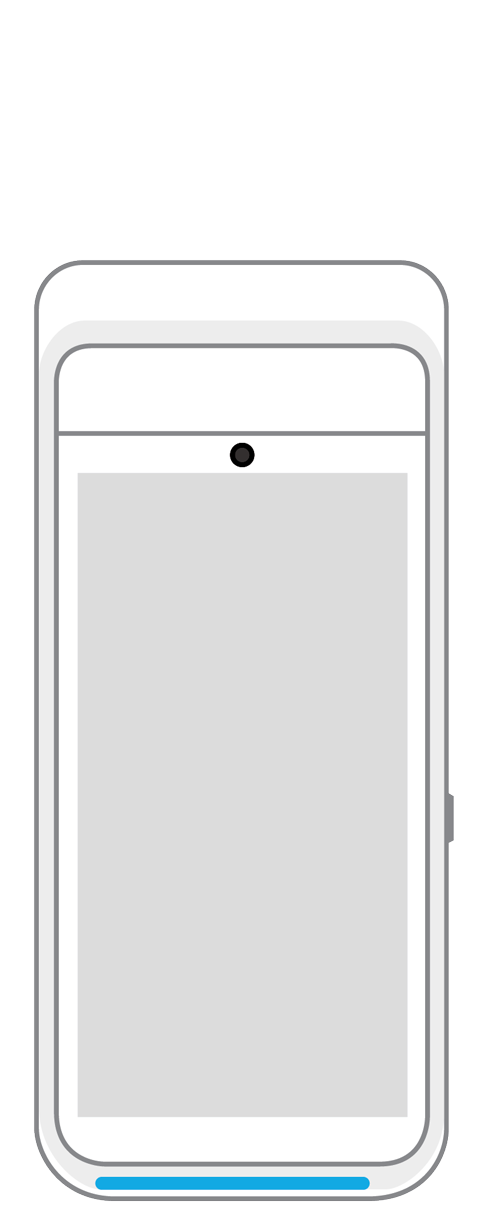 Terminal | 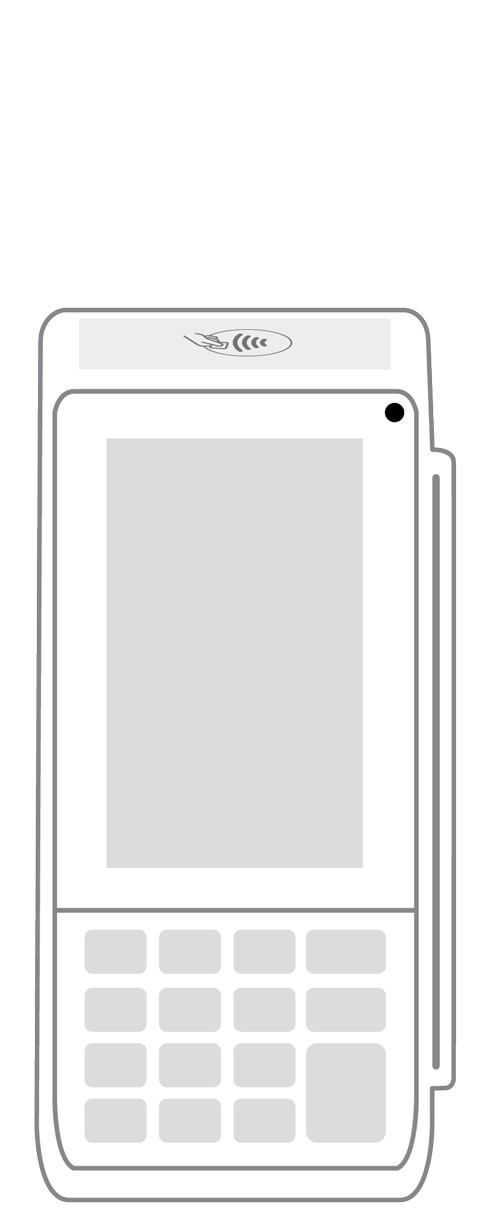 Keypad | 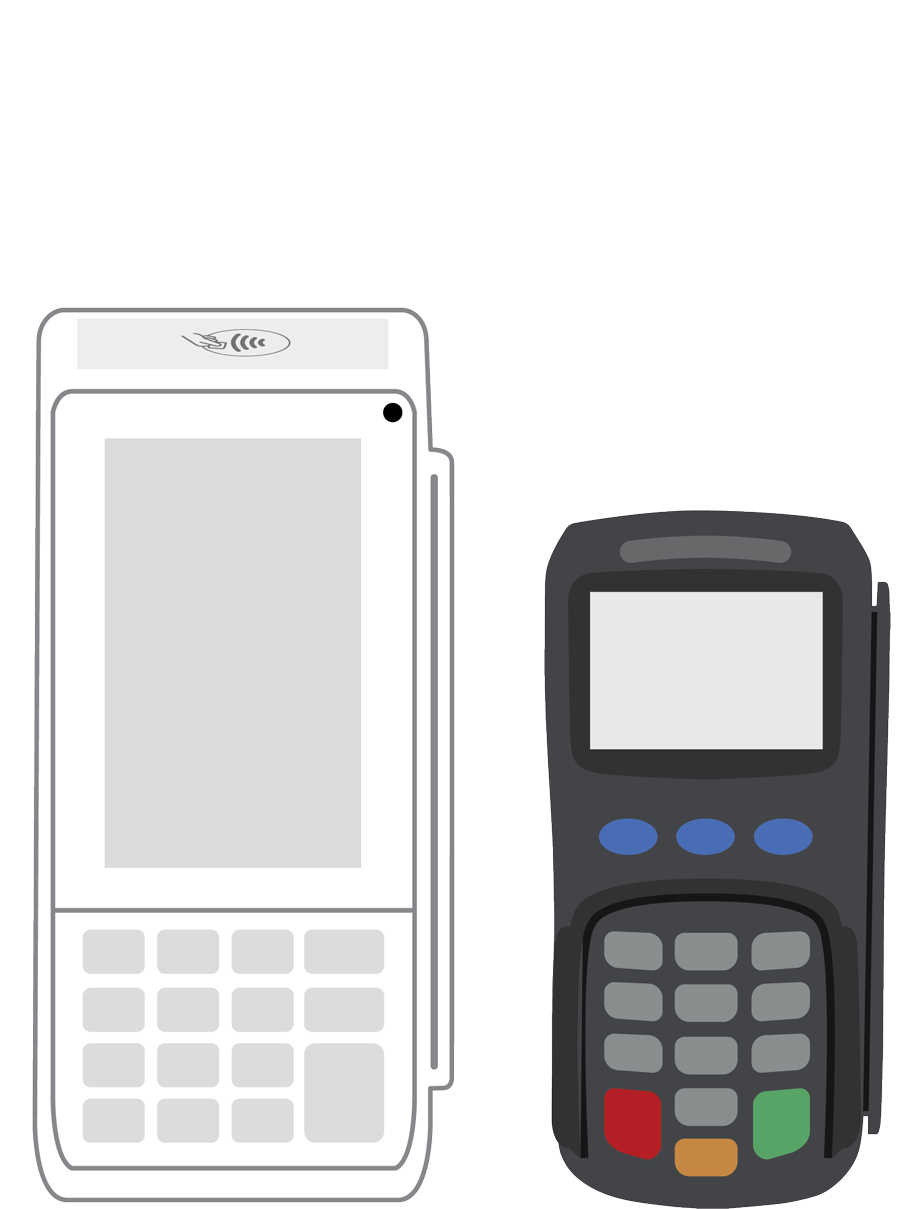 PINPad Pro | 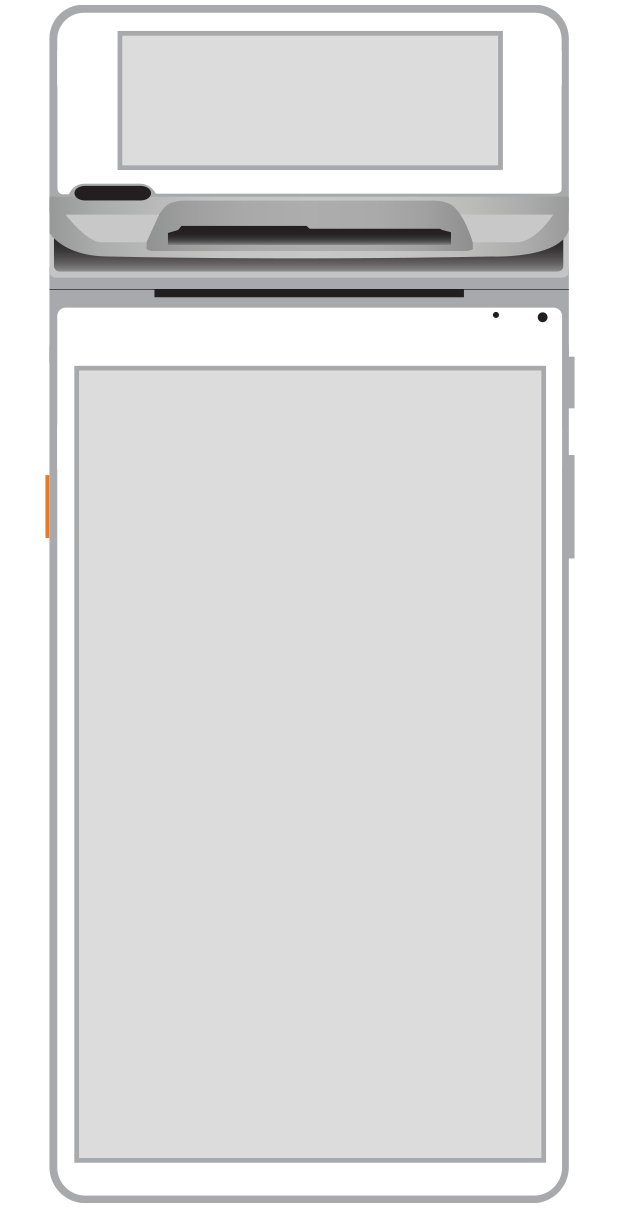 Flex | 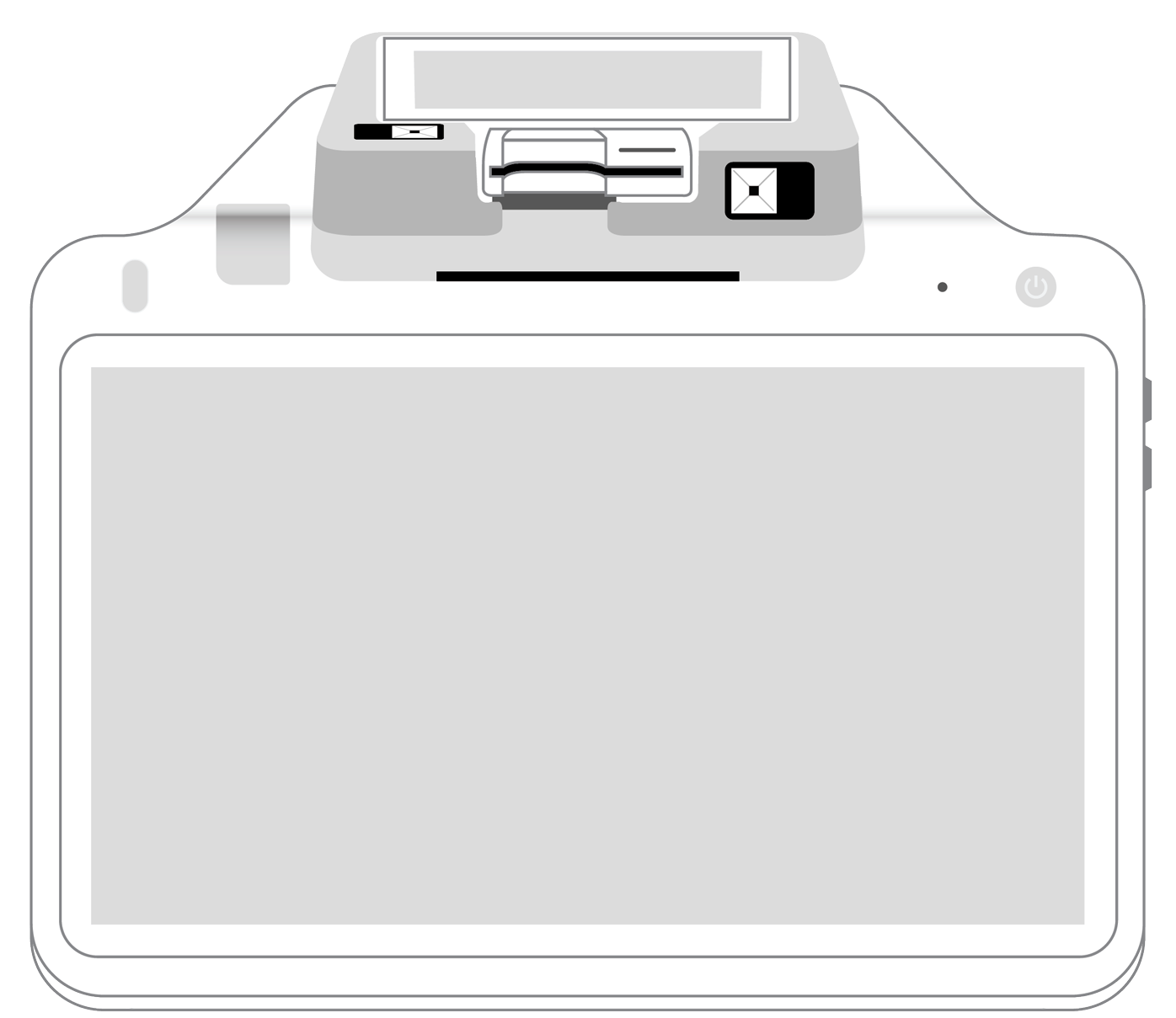 POS+ | |
|---|---|---|---|---|---|---|
Payment types | ||||||
EMV chip card payments (dip) | ||||||
Contactless payments (tap) | ||||||
Magstripe payments (swipe) | ||||||
PIN debit + EBT | ||||||
Device features | ||||||
Built-in barcode scanner | ||||||
Built-in receipt printer | ||||||
Customer-facing second screen | ||||||
External pinpad | ||||||
Wireless use | ||||||
Network | ||||||
Ethernet connectivity | With dock | |||||
Wifi connectivity | ||||||
4G connectivity | ||||||
Pricing | ||||||
Free Placement | ||||||